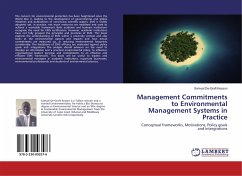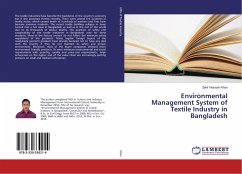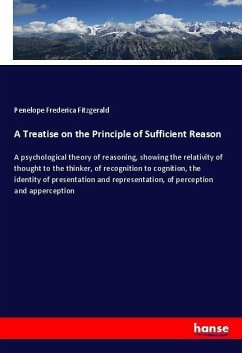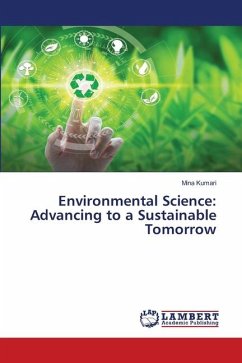The concern for environmental protection has been heightened since the World War II, leading to the development of governmental and global initiatives and publications of convincing scientific papers. EMS is widely adopted; yet, in practice, not much resources are mobilised and used to achieve a workable framework. Both academic and business institutions recognise the need for EMS certification. However, academic institutions have not fully grasped the principles and practices of EMS. This book explores the understanding of EMS within a university context and also looks at the environmental aspects and impacts and how actual commitments are measured up, in reducing environmental footprints considerably. The limitations of EMS efficacy are evaluated against policy goals and integrations. The analysis should advance on the need to develop an informative and a practical environmental policy, to influence organisational leaders' purpose and commitments to an effective and efficient EMS framework. This book will be useful to leaders and environmental managers in academic institutions, coportate businesses, environmental professionals and students of environmental sciences.








